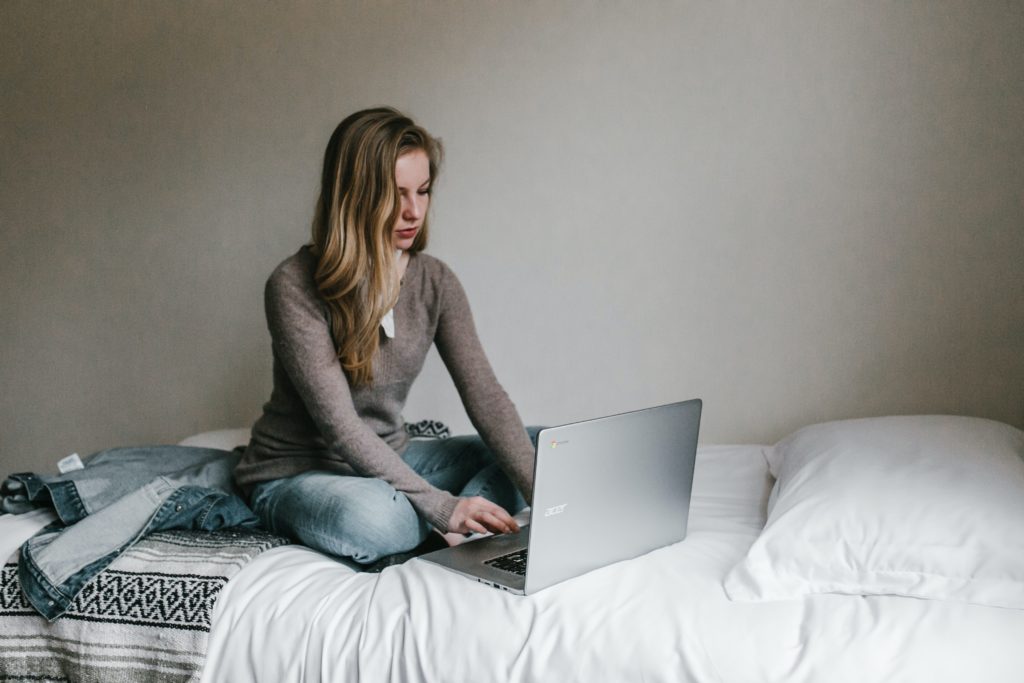
REMOTE WORKING is causing business professionals to feel increasingly anxious and stressed, with many calling out for appropriate training to help them cope, new research reveals.
A study of 1,000 workers published in Beating Workplace Performance Anxiety, a report by the commercial arm of the Royal Academy of Dramatic Art, RADA Business, reveals that 44% of workers believe training would help reduce their performance anxiety in the workplace.
Workplace performance anxiety is defined as the nerves, uncertainty and fear that we may feel in workplace scenarios in which we are required to perform. It can manifest itself in both physical and emotional responses to these situations.
Nearly 1 in 4 (24%) said they would like training to help them perform better in situations that they find stressful, while 20% think training on how to deal with the physical effects of performance anxiety would allow them to cope better.
The study goes on to suggest that stress and worry causes 33% of workers to feel less confident about their abilities, while 25% feel irritable and bad tempered, and 20% say they are much less productive when they are anxious – highlighting that companies could be doing more to train their employees and help alleviate these worries.
Remote working is exacerbating these affects further according to recent studies, which show that 56% of UK workers say their mental health has deteriorated while working from home during the pandemic1.
The studies also suggest that a staggering 86% of workers feel they need to prove to senior management that they are working hard and deserve to keep their jobs as the economic climate remains uncertain1, which will have a significant impact on performance anxiety.
Some of the physical side effects identified by the RADA Business research for nearly 1 in 3 (30%) workers is an increased heart rate when they feel worried, 22% get sweaty palms, and 15% feel nauseous.
According to respondents, some other ways to cope with workplace performance anxiety could include an increase in self-confidence (30%), asking colleagues for support (21%), or having more time to prepare (20%).
The study also found that nearly 1 in 4 (23%) workers think practical tips to help reduce stress in work situations would help.
Kate Walker Miles, Tutor and Client Manager at RADA Business, comments on the findings: “It’s clear that the pressures and uncertainty of working remotely during these unprecedented times is having a significant impact on the vast majority of workers. Job security and the pressure to perform at your best are just some of the added pressures, which business professionals are facing.
“Our research and other studies show that companies could be doing more to support their workers, as a number have expressed the need for more appropriate training and advice to cope with workplace performance anxiety effectively.’’
“By building upon acting techniques, business professionals can begin to cope with their workplace performance anxiety. Releasing physical tension from the body is a great way to start. You can do this by squeezing your shoulders up towards you ears and then dropping them. Tilt your left ear towards your left shoulder and then your right ear towards your right shoulder, to release neck tension, and then shake out your arms and legs. Then take a moment to think about your breath. Breathe out, fully. Then breathe in slowly and imagine sending your breath down into your pelvis. Repeat before or during any workplace scenario where you struggle to manage your nerves.
“When working from home, try not to schedule back-to-back, hour-long meetings. Just ten minutes away from your screen every hour will give you time reenergise and clear your mind, so you can focus on the next task. Going out for a walk at lunchtime is time well spent. After all, moving and getting into our bodies can help to free the mind. A change of scenery is great stimulation for the brain during lockdown, as many of us have spent all out time in one space, working and living at home.
‘‘Finally, notice the stories you are telling yourself. With reduced social contact, it can be tempting to ruminate on anxieties and irritants. Negative self-talk such as: “I can’t do this task”, or “I’m out of my depth” can run rife and have a powerful effect on your behaviour. Once you have released tension in the body by exercising or stretching, it is time to work on maintaining a positive mindset. The brain doesn’t like to be critical and creative at the same time; critical self-talk literally closes down creative thinking. By changing the negative messages for positive ones, you are setting your brain up for success.”
“These techniques can be applied anywhere, whether you’re working remotely, or when the time comes to return to the office. Speak to your company or line-manager to ensure they are providing you with the correct level of support.”